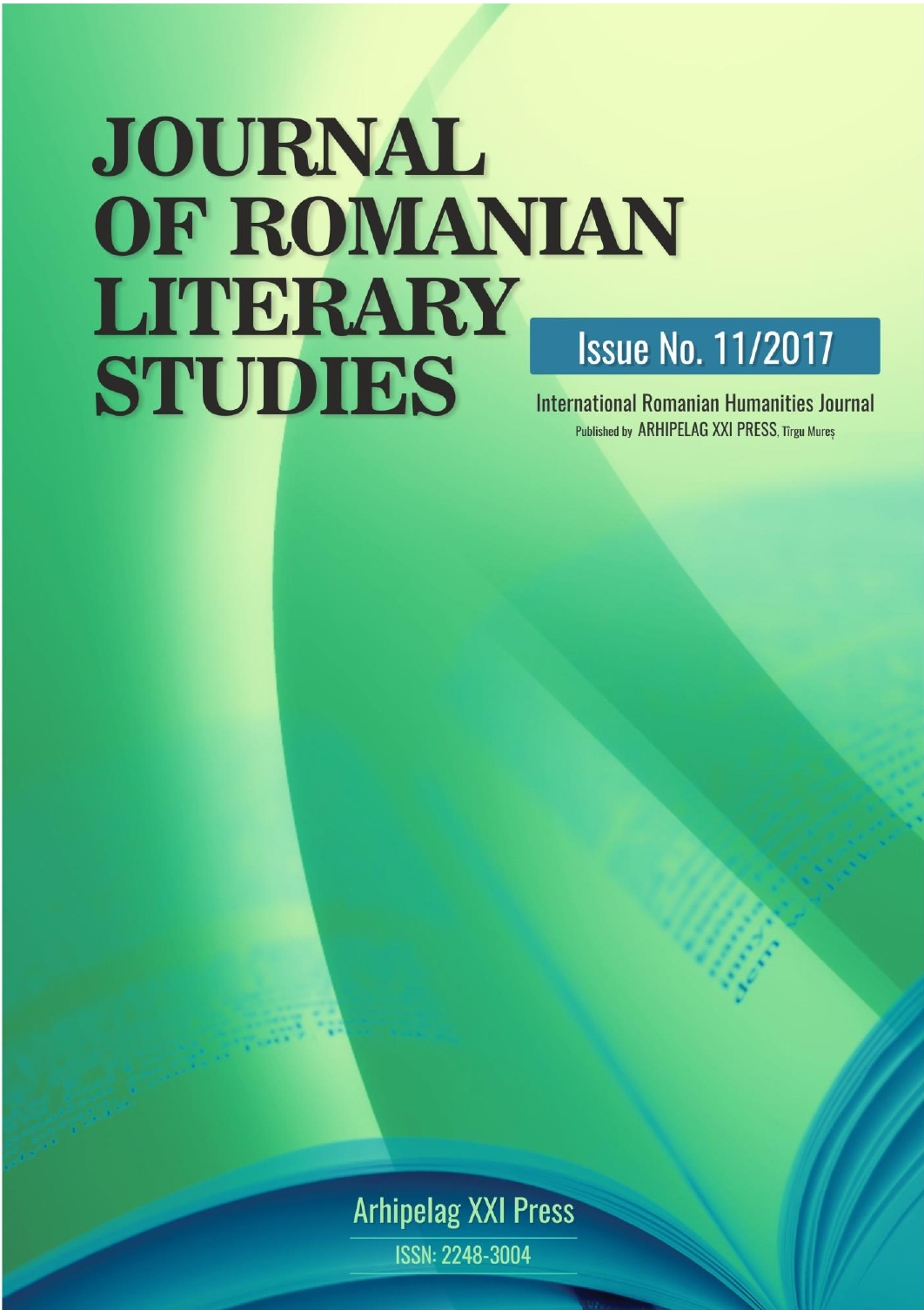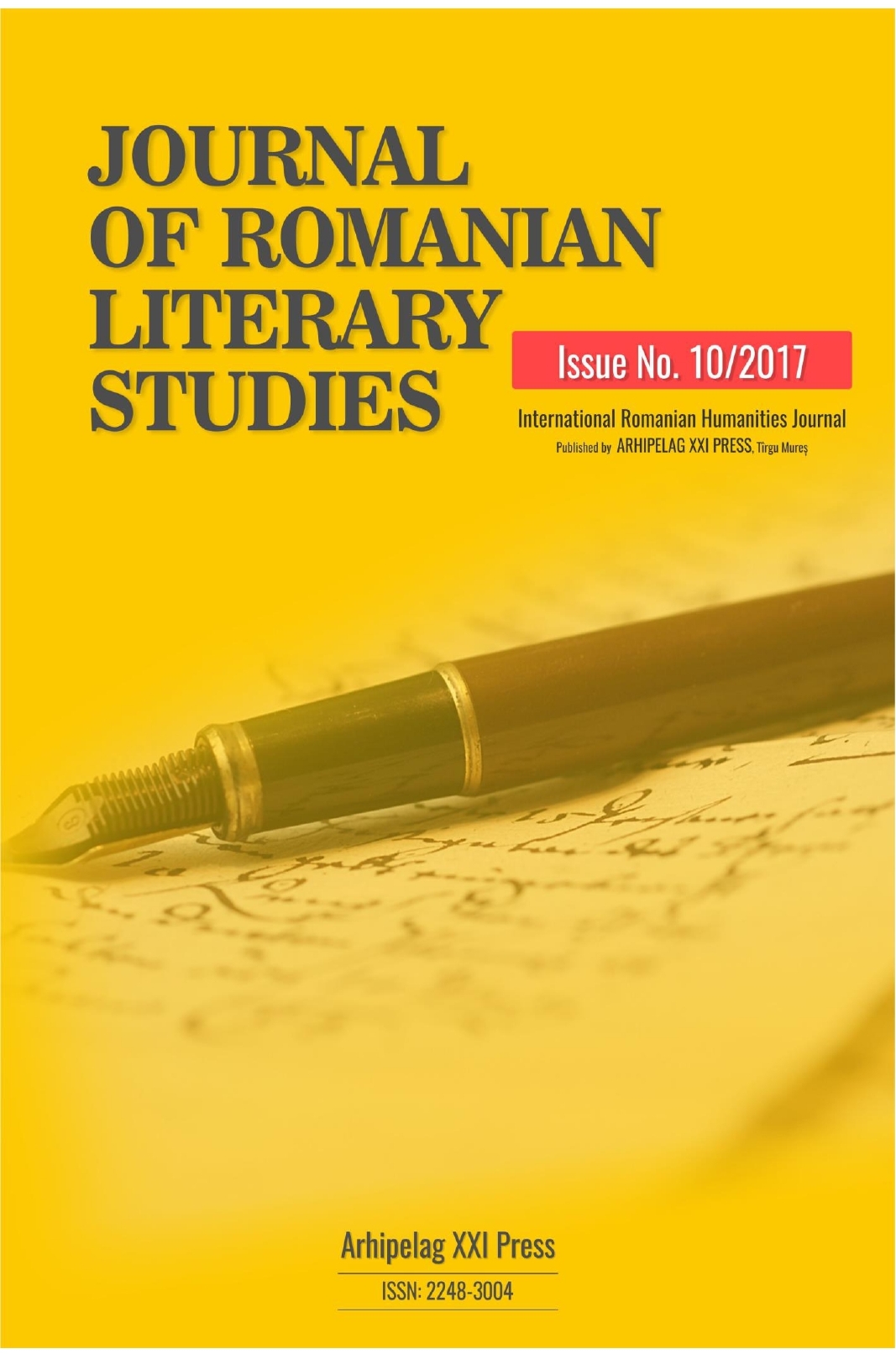Author(s): Adelina Lascu / Language(s): Romanian
Issue: 10/2017
The appearance of the writer Liviu Rebreanu in the Romanian prose changed radically the conception of the novel. The year 1920 a particularly important role in Romanian literature, being the publication year of his epic masterpiece, Ion. The objectivity and the organic aspect that give the novel the impression of reality. Moreover, as the author himself assures us that most of the characters from his novel were real. The author himself confessed that art means creation of real people and real life. Starting from the major element, the earth worshiped and loved by Ion and culminating with his love for Florica, in the novel the characters develop obsessions regarding death, poverty, oppression of the intellectuals by the Austro-Hungarian domination etc. The causes of these mental disorders are multiple, starting from the lack of land, desire for enrichment, inferiority complex in front of the village leaders, disappointment in love, feelings of worthlessness, debts, the refuse to speak any other language than Romanian, etc. Apostol Bologa, from his following novel, The Forest of the Hanged (1922) is the embodiment of Emil Rebreanu’s tragedy. A grim picture of the lifeless bodies of Czesh soldiers were hanging from tree branches in a forest near Italy in conjunction with the news of killing his brother by the same method gave rise to the psychological work of the invoice. Here, the main element that obsesses the Romanian officer is his incapacity to turn into his the enemy of his own brothers, preferring death than switching on to the Romanian front. Also, the fear of death becomes slowly an obsessive element. When he understands that this is imminent the unrest deepens, but he remains steadfast in his decision to not betray the nation. Starting from the subject of the short story The Madman, Rebreanu gives shape to Ciuleandra a character dominated by obsessions, bringing to the fore a psychiatric issue, the focus shifting now to analyze the hidden mysteries of the subconscious. Not being able to explain the reason that led to the murder of his beloved and innocent wife, Puiu Faranga is admitted to a mental hospital to the request of his father, a former minister of justice. Central obsessive elements that encroach on the perfectly healthy man’s mind in the moment of his reckless crime are the misunderstanding for which he finds more excuses, none of which convincing. In addition, the inability to remember the steps of the dance „Ciuleandra” make him lose his mind. In The Uprising (1932) the obsessions of the peasants oppressed by landowners and leaseholders revolve around the earth, namely the lack of this element which represents the main source of livelihood. The desire to be masters of the lands that they were working for the welfare of others becomes haunting for the peasants, who pushed by they all share the shortages that the peasantry have to endure, while landowners profit from their work, satisfying various whims in the capital city or abroad, away from the smell of the sweat of the peasants working in the fields.
More...


